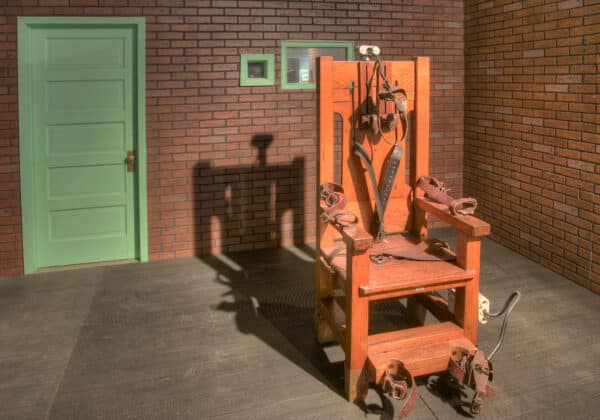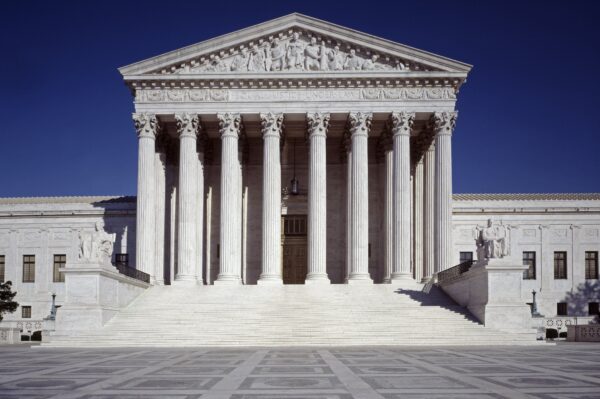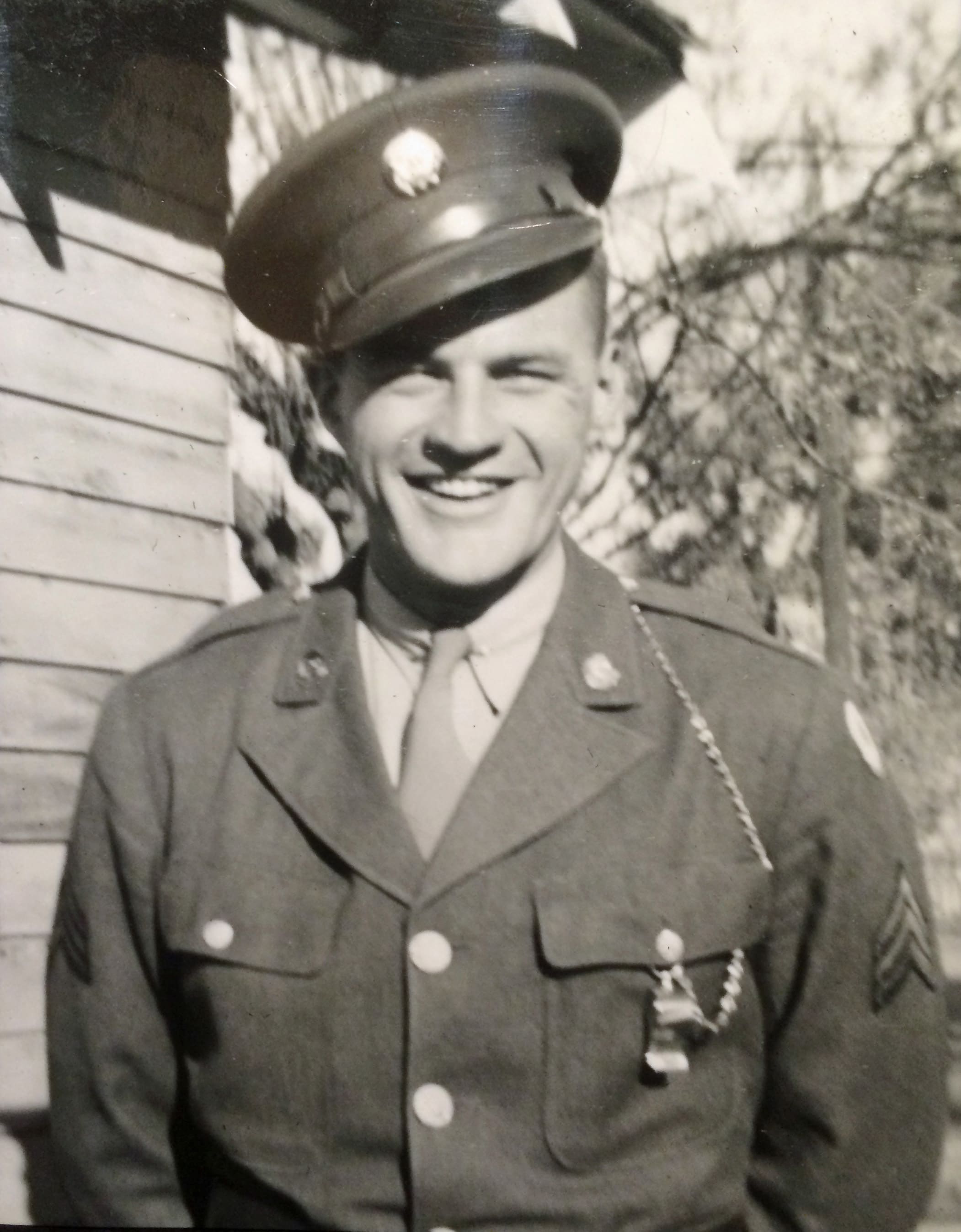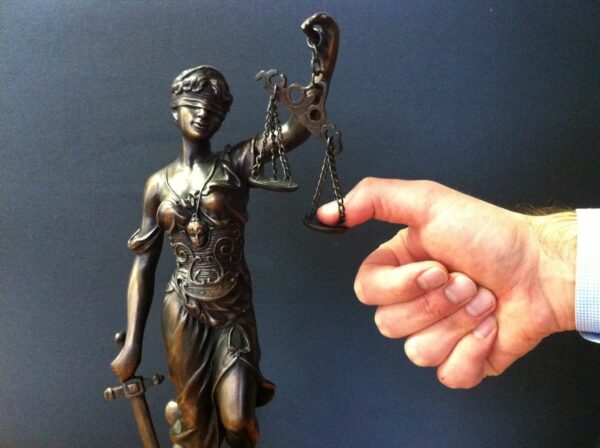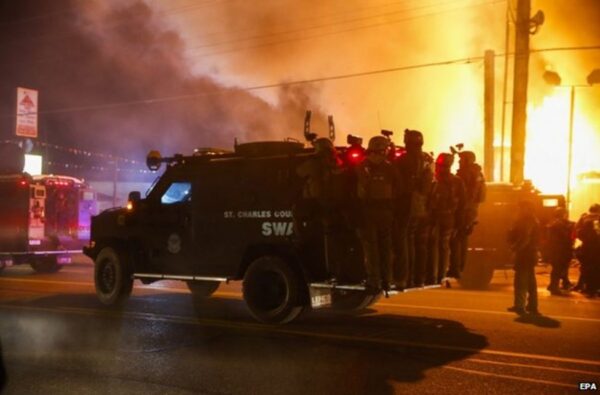The Death Penalty. Sooner or later a case will bubble up to the Supreme Court and they’ll have to rule on its constitutionality. That’s why I sent a copy of The Fifth Field to all nine members. And in one thank-you note, a member said he had never read about these 96 death penalty cases before. They better start reading, because they get one shot to get this correct, or the later unrest might be bigger than Roe v. Wade.
I used to be a big believer in the death penalty. And I still believe that there are some really bad people out there who don’t deserve to live among us. So in defending yourself, and your loved ones against a murderer who would take your lives, well if he takes his last breath in that attempt that’s just too bad for him.
As for the government using the judicial system to put someone to death, I don’t agree with that anymore. First, you can’t “undo” the death penalty, if you later find out that the guy you just fried in the electric chair didn’t actually do the crime. If the accused is convicted and gets a long prison sentence, you can let him out later if you discover he is actually not guilty, and at least try to make amends for the error by paying him and his family an extremely large amount of money; it will never make up for the lengthy prison time, but at least his later years will not be in poverty.
Juries make mistakes. Prosecuting attorneys and defense counsels have various degrees of competence and make mistakes too. Judges’ rulings often later get overturned. Even the vaunted US Supreme Court frequently has 5-4 decisions – meaning that 44.44% of the justices had the “wrong” legal opinion from the majority. But if 44.44% of our juries convicted the wrong guy and sentenced him to death, we would stop the death penalty immediately.
Secondly, law-abiding citizens, whether in the jury, or prison guards, or the few actually involved in the execution process, often suffer terrible mental duress for the remainder of their lives – even concerning executions where there is never any doubt as to the accused’s guilt. Yes, there are some who will “sleep like a baby” but others won’t. And that’s not an opinion; I was fortunate enough to be able to review 96 death penalty cases in the US Army in Europe in World War II, when writing The Fifth Field, and numerous military police involved in the executions had terrible emotional issues later – with at least one tough MP sergeant, Richard Mosley, later committing suicide.
But most troubling, charging someone with a capital crime – a capital crime is one for which you could possibly receive the death penalty – is often a matter of prosecutorial discretion. The prosecutor can put the death penalty into the realm of possible punishments, or the prosecution can “take it off the table.” That is a difficult decision for any prosecutor, and some are simply not up to it.
Most alarmingly, we are seeing that more and more prosecutors are using factors of race, gender, sexual orientation, religion, and even political affiliation in their decisions of whom to charge – or not to charge. That is bad enough concerning crimes that carry potential incarceration. But using those factors in such a way for a prosecutor to put his or her thumb on the scales of justice concerning the death penalty is unconscionable.
Do you really think that the current State’s Attorney Office for Cook County, Illinois, doesn’t often have their entire hand on the scales of justice – let alone thumb? Even the Illinois Prosecutors Bar Association and the National District Attorneys Association ripped into Kim Foxx’s decisions in the Jussie Smollett case.
Do you really think that politics didn’t play a role in determining who should be charged concerning the 2014 disturbances, riots, unrest, uprising, demonstration, in Ferguson, Missouri? Even the US Department of Justice couldn’t get to the bottom of it, ruling on one hand that Police Officer Darren Wilson shot and killed Michael Brown in self-defense, while also determining that the Ferguson Police Department had engaged in misconduct against the citizenry of Ferguson by, among other things, discriminating against African Americans and applying racial stereotypes in a “pattern or practice of unlawful conduct.”
Regardless how you come down on events with political ramifications, no government should have that much power. We need to do away with the death penalty – before people get executed for their political beliefs.
